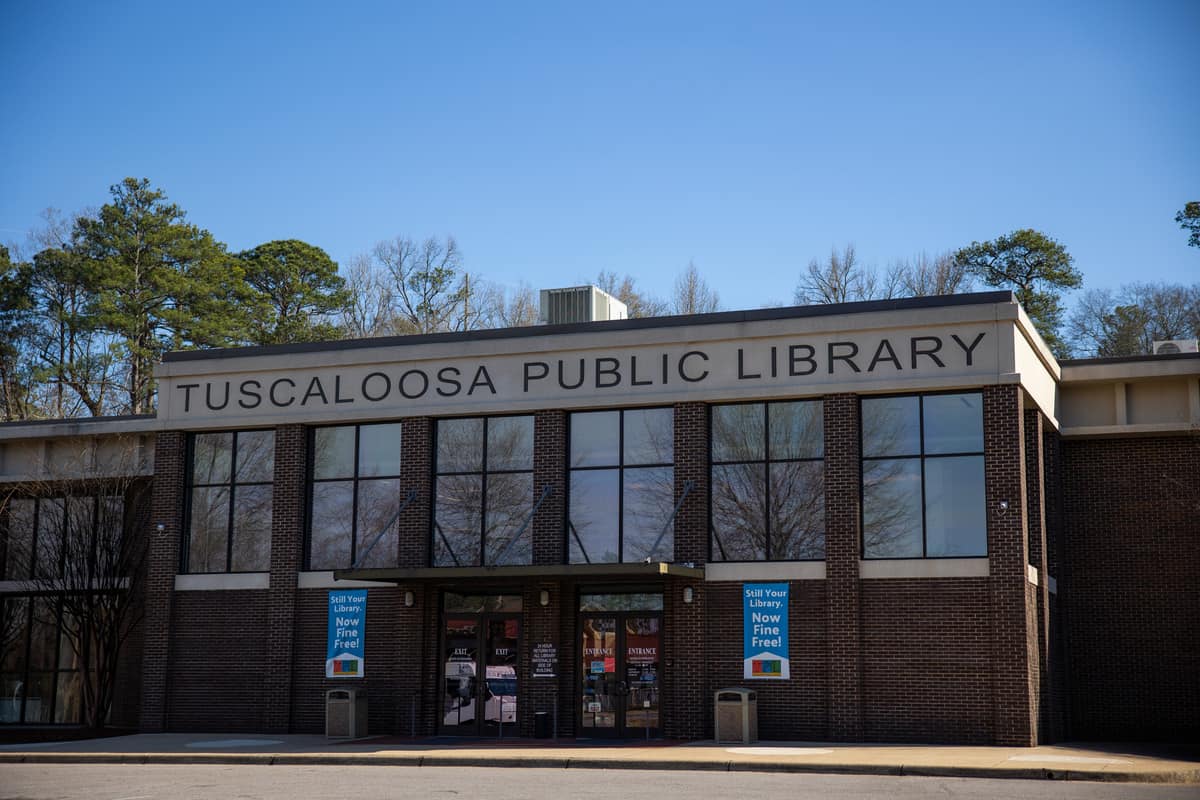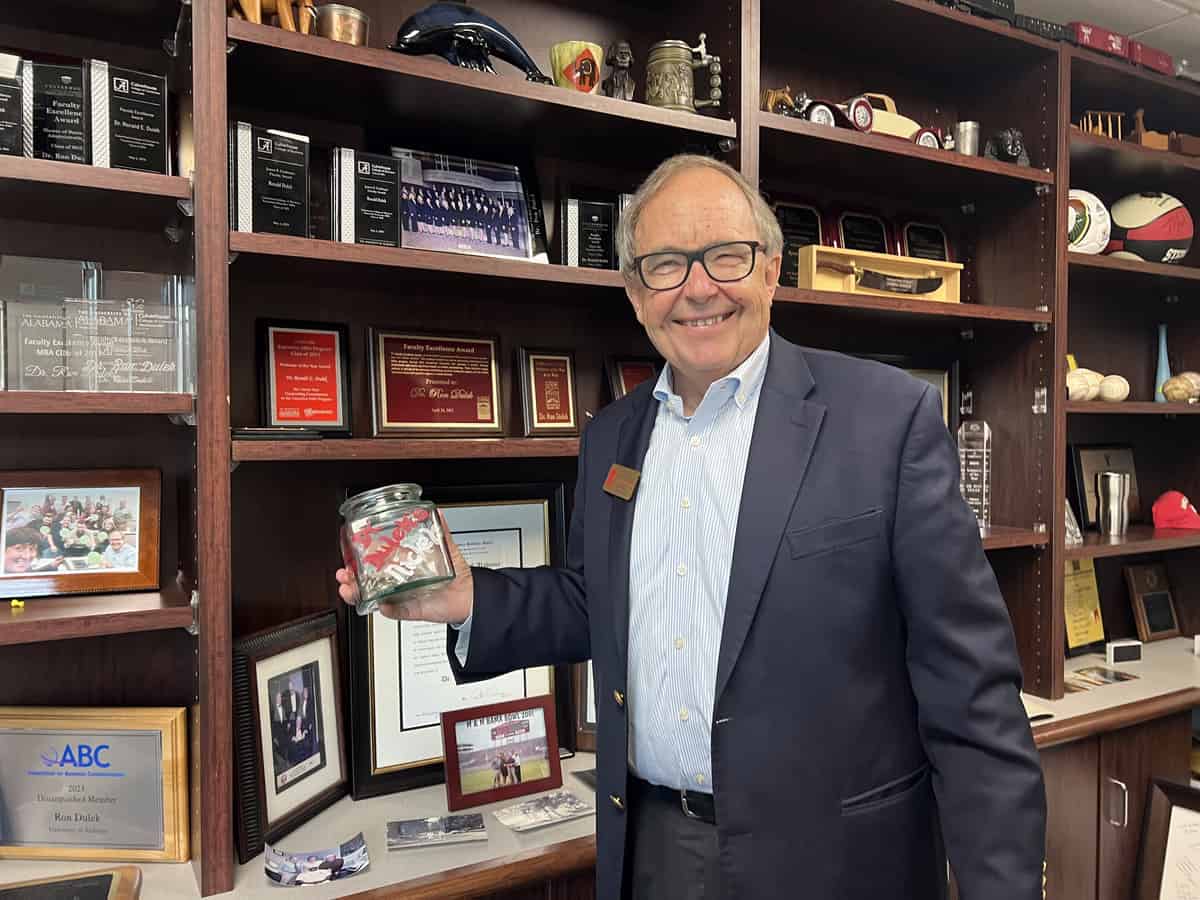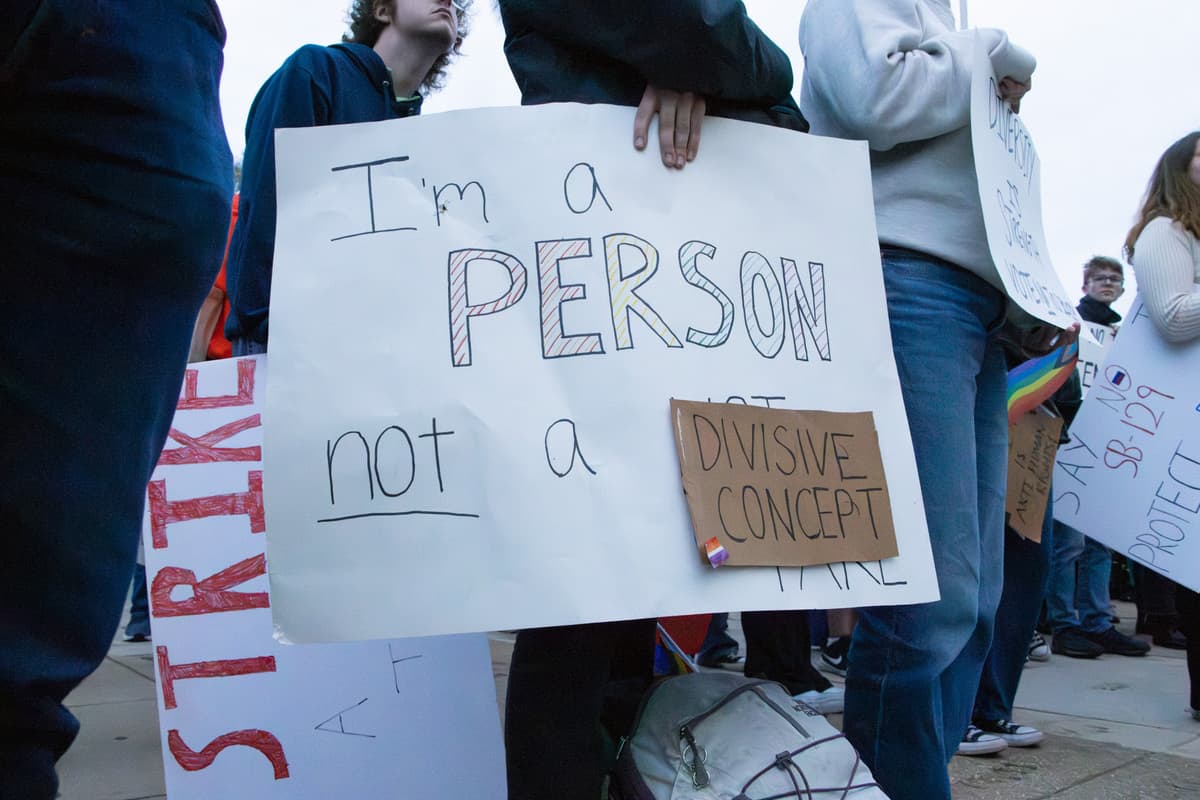In one of my Thursday classes last week, a pair of students representing their small group gave a short presentation on the connections between the LGBTQ community, homelessness, food insecurity and mental health. For a presentation that could only be three slides long and that nobody in the group had any previous experience with or knowledge of, it was a decent one.
The only glaring error: referring to transgender individuals as “transgenders.” While I’m not trans or otherwise gender-nonconforming, I am queer, so I definitely have a stake in how members of the queer community are referred to. I took a couple of minutes to explain it’s important that language matters – using the right words in the right ways can mean the difference between a queer kid growing up secure in their identity and confident about themselves and that same child growing up confused, lonely and a danger to themselves. (Just so we’re all on the same page, transgender and trans are adjectives, not verbs or nouns, and should be used as such.)
We, the LGBTQ population, have higher rates of mental illness, especially depression and suicidal tendencies, than our non-LGBTQ peers. We report higher rates of sexual abuse and general domestic violence, both from our families and from our romantic/sexual partners. We also report higher rates of sexually-transmitted diseases, alcohol and drug abuse and smoking. We’re more likely to be mistreated by medical professionals than cisgender and straight people and less likely to have access to quality, affordable health care. It’s perfectly legal to discriminate against us during the hiring process and fire us from our jobs for our gender and sexual identities in 29 states – that’s 32 states for gender identity and expression. And, for the record, 40 percent of homeless youth identify as queer.
It would seem as if language is the least of these problems. If we’re hurting and homeless and fighting for a paycheck, it’s easy to understand why someone would place language fairly low on the priority list. However, a number of these problems stem from a lack of education and respect, which tend to go hand in hand. Mental illness rates would plummet and high-risk sexual behaviors in the queer community would be significantly reduced if queer children and queer adults alike were referred to with the right pronouns, if very young children were actively taught not to use anti-LGBTQ slurs, if teens realized how diverse gender and sexuality is. So many of us had “aha” moments when we discovered that our asexuality or our genderfluidity had a name, or we felt a lot less isolated as people when we realized that we had a real community as bisexual people, or we experienced sheer relief when the doctor knew what we meant when we told her we are agender. A little goes a long way toward allowing queer individuals to feel safe with our environments and with ourselves.
So I’d encourage you not to make assumptions about people – use gender-neutral pronouns when asking about someone’s love life and don’t try to determine someone’s gender identity by their gender presentation. I didn’t tell them at the time, but I thank my two classmates who immediately changed the wording in their slideshow from “transgenders” to “transgender individuals.” That kind of basic respect for our fellow person shouldn’t be a radical act, but it is, because little things matter. As a queer activist and a queer person, I work alongside others to achieve a lot of big goals, but it’s the small efforts that help get us there.
Samaria Johnson is a senior majoring in history. Her column runs biweekly.






